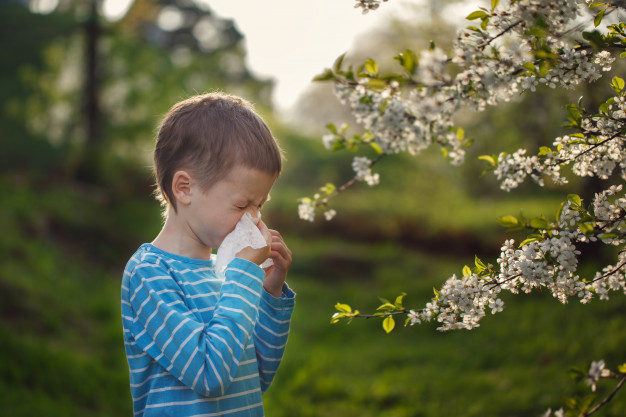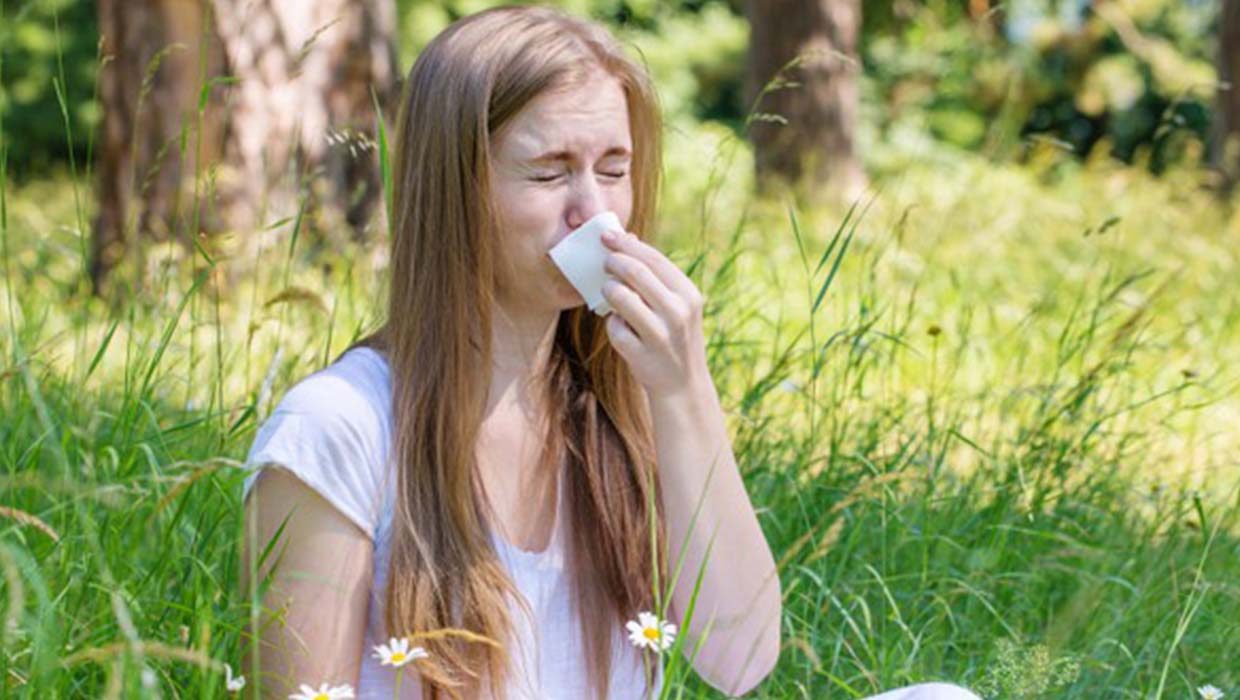Signed on July 8, World Allergy Day is an initiative of the World Health Organization (WHO) and the World Allergy Organization.
This date aims to alert people to the importance of treating allergies, as in certain cases they can lead to death.
What is an allergy?
Allergy is a response of the immune system to contact with an external substance considered threatening. In these cases, the body develops antibodies that trigger an inflammatory reaction, which can manifest itself in different ways and in different areas of the body.
Risk factors
Sedentary lifestyle, obesity, pollution, excessive drug consumption, especially
antibiotics are factors for the onset of allergies.
However, the main risk factors are heredity, being a child, having asthma, not being in frequent contact with natural light or being born by caesarean section.


Most frequent causes
The reasons vary from person to person, but there are some that are more common, such as:
- Airborne allergens (Ex: pollen, animal dander, mites);
- Food (dried fruits, wheat, soy, fish, seafood, eggs, milk, etc.);
- Insect bites (bees and wasps are the biggest threats);
- Drugs
- By touch (Ex: latex)
In Portugal, according to the Portuguese Society of Allergology and Clinical Immunology, it is estimated that allergies affect about a third of the population, especially children. It is, therefore, crucial to know more about the most common allergies, what are the main symptoms and what to do to prevent/minimize.
The most frequent allergies are asthma, rhinitis, eczema, urticaria, food or drug allergies. The reactions cause discomfort and loss of quality of life for those who suffer from these allergies.

Allergy from the perspective of Chinese Medicine
From the perspective of Chinese Medicine, disease is seen as an energy imbalance that affects the entire system.
At issue is the balance of the immune system and the respiratory system. These balances depend on other internal systems, which involve food, emotional and lifestyle issues that can be harmed by excesses.
The aim of acupuncture in these cases is to restore the healthy circulation of this system and obtain long-term results. In other words, in Chinese Medicine, the concern is not to annul all allergies, but rather to strengthen the person's immune system and “lower the sensitivity of the alarm” that triggers the allergic crisis.
Results are visible from the first session. The number of sessions needed depends on the age of the patient, the duration of the allergy from which he suffers, etc.

![[:pt]clínica cura pura](https://curapura.pt/wp-content/uploads/2017/10/logo-footer2.png)




